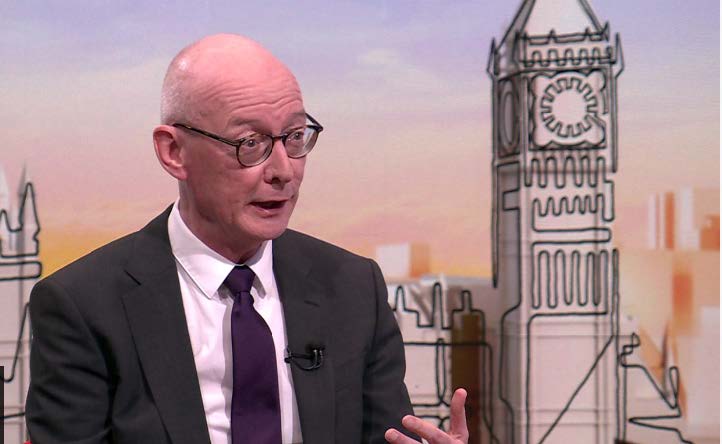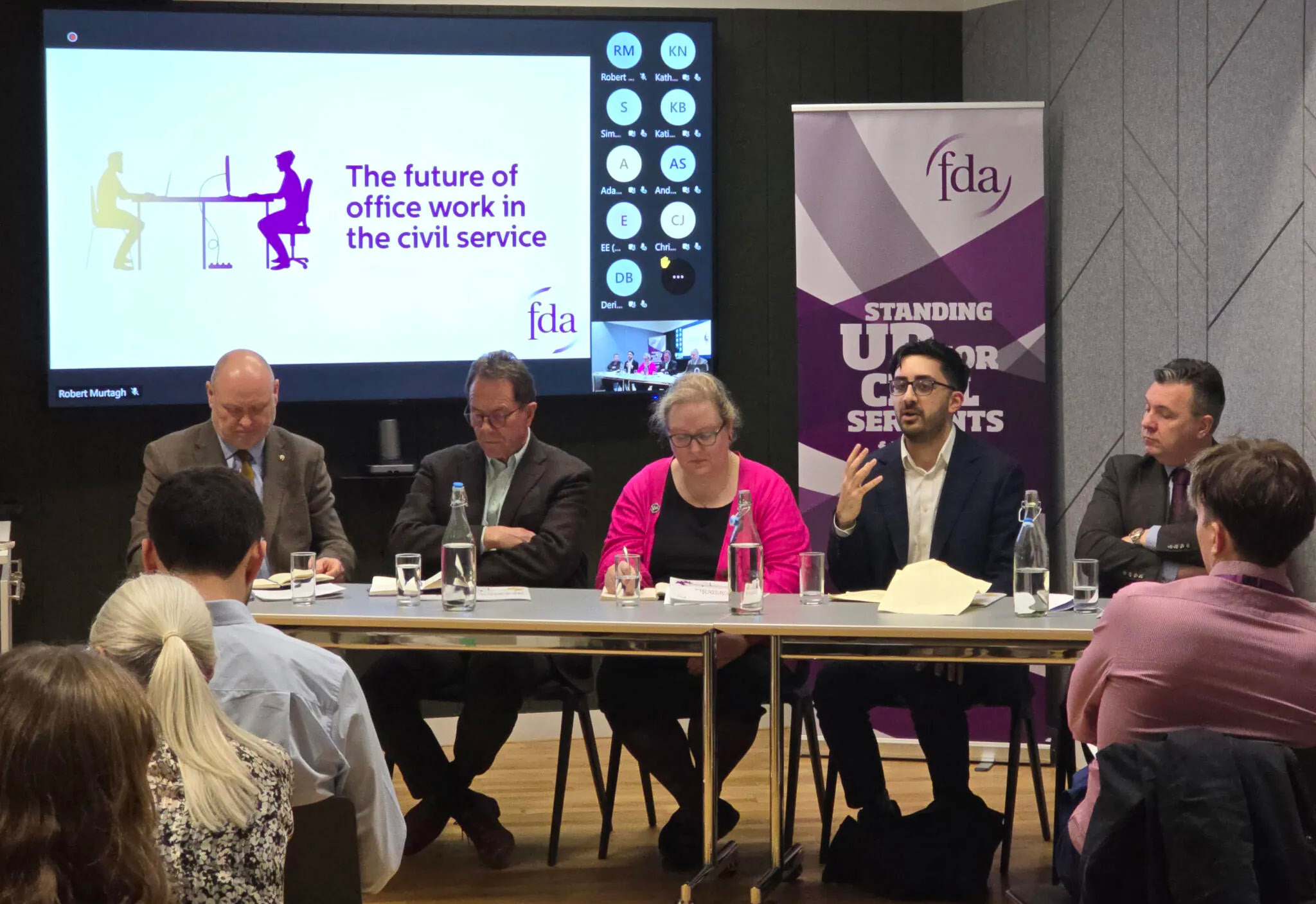Resource requirements to successfully deliver Brexit

As the column inches grow, speculating about the ‘unspeculatable’ in relation to our exit from the European Union, littler attention is being paid to how the civil service can be expected to deliver a successful Brexit under the current spending regime.
In the days that followed the vote, I had an argument with a journalist from a very respected broadsheet, over whether this would be a “jobs bonanza” for the civil service. What, I asked him, about the approach from Government over the last six years would indicate that this will mean any more resource for the civil service? He struggled with the concept that such an enormous task could be asked of the civil service without an injection of fresh resource.
Indeed, in the weeks that followed, politicians and commentators were lining up to describe the enormity of the challenge.
Just before he exited stage right, David Cameron said it was “the most complex and important task the British civil service has undertaken in decades”.
It was “the biggest legal, legislative and administrative challenge in peace time history” according to Paul Jenkins. And he should know, as the former Treasury Solicitor.
So whilst some politicians may think this will be easy, just sellotaping existing EU law in to the statute books – as Bernard Jenkin chair of the Public Administration and Constitutional Affairs Committee (PACAC) suggested at an Institute for Government (IfG) lecture – most informed contributors recognise the complexity and difficulty involved in what is effectively unchartered territory.
Another one who should know is Sir Simon Fraser. Not only the former Permanent Under – Secretary at the Foreign and Commonwealth Office (FCO), but also someone who has experience of the EU and trade negotiations as Permanent Secretary of the Department for Business, Innovation and Skills; Chef du Cabinet for Trade Commissioner Peter Mandelson; as well as Director General, Europe and Globalisation at the FCO. Quite the CV.
At another recent IfG lecture, Sir Simon suggested there would be four stages to this process, each with their own complexities. Firstly, there’s the negotiations over article 50 including the terms of our separation, much of which will be legal and technical issues.
“Of course, the civil service is being asked to deliver Brexit following two austerity spending rounds.”
Secondly there’s our future political and economic relationship with the EU. This is not simply about economic issues, there’s is a lot of co-operation that takes place on security and foreign policy. This will inevitable take longer than the two-year window over article 50.
Thirdly, he believes that an interim deal will need to be done to bridge the gap between leaving and completing a deal on the long-term relationship between the UK and EU. And finally, there’ll be external trade negotiations with countries outside of the EU. There you go then. Easy peasy.
Of course, the civil service is being asked to deliver all of this following two austerity spending rounds. And it was already 20% smaller than 2010 before the Chancellor announced a similar cuts package in November 2015. And if you just think about that for a minute, even if there was a decision that no more funding would be delivered, would the Government have distributed resources in the same way it did pre-Brexit? Almost every department will be affected but some, such as Defra, BEIS, the Home Office and the FCO to name but a few, will face a disproportionate challenge.
We’ve been vocal in our complaint that the Government does little to meaningfully match commitments to resources. Bad at the best of times, what impact will this have on other areas of spend if suddenly Brexit is the new Ministerial priority and there’s not a penny of additional resource? Never mind another £350m a week for the NHS, will Brexit simply mean further public service cuts as departments prioritise the EU work? Ministers owe a duty to taxpayers and civil servants to explain what will give, because something will have to give if the signals from the Treasury are right and there is no revisiting of the spending round.
Even the most ardent Remainers recognise that we need to make the best of the decision to leave. So for that to be the case, then the Government needs to address some critical issues for the civil service.
Firstly, clear political direction. Sort your and the House out. The constitutional wrangling has to stop. The Government needs to find a settled political objective, then task the civil service with delivering it.
Secondly, capacity. Either fund the Brexit demands or be honest with the public and staff that other priorities will be dropped. You can’t have it both ways so have the courage to decide and be public about it.
And finally, capability. The civil service will need new skills, not just for the immediate task ahead, but for the longer term as we take on the swathe of new policy areas from the EU. No knee-jerk reaction and rushing to the private sector for consultants. The civil service needs to build a skilled workforce for the challenges ahead, with all that this entails.
“Either fund the Brexit demands or be honest with the public and staff that other priorities will be dropped.”
On this, the FDA is trying to do its bit. In conjunction with Dods and KPMG, the union is running an event on ‘The civil service in a new European landscape: unlocking future skills’ held on 21 November. We hope this will be the first of many – and not just in London.
With speakers including Oliver Robbins, the Permanent Secretary at the new Department for Exiting the EU and Rupert McNeil, the civil service Chief People Officer, we’re helping civil servants understand the new demands that will be made of them and how they can identify and source development to support this.
As the enormity of the task ahead starts to unfold, the Government should have the confidence to know that the civil service is more than capable of delivering the best outcome possible. But to do that, the Government also needs to deliver for the civil service.
Related News
-

Meaningful reform
It’s time to lead the civil service, not just the morning news round, says Dave Penman.
-

Hybrid working: Led by evidence, not headlines
Tom Nathan shares the findings and recommendations of the FDA’s recent report on ‘The future of office working in the civil service’.
-

FDA attends TUC Young Workers’ 2025
This March, an FDA delegation attended the annual TUC Young Workers’ Conference in Congress House, London.